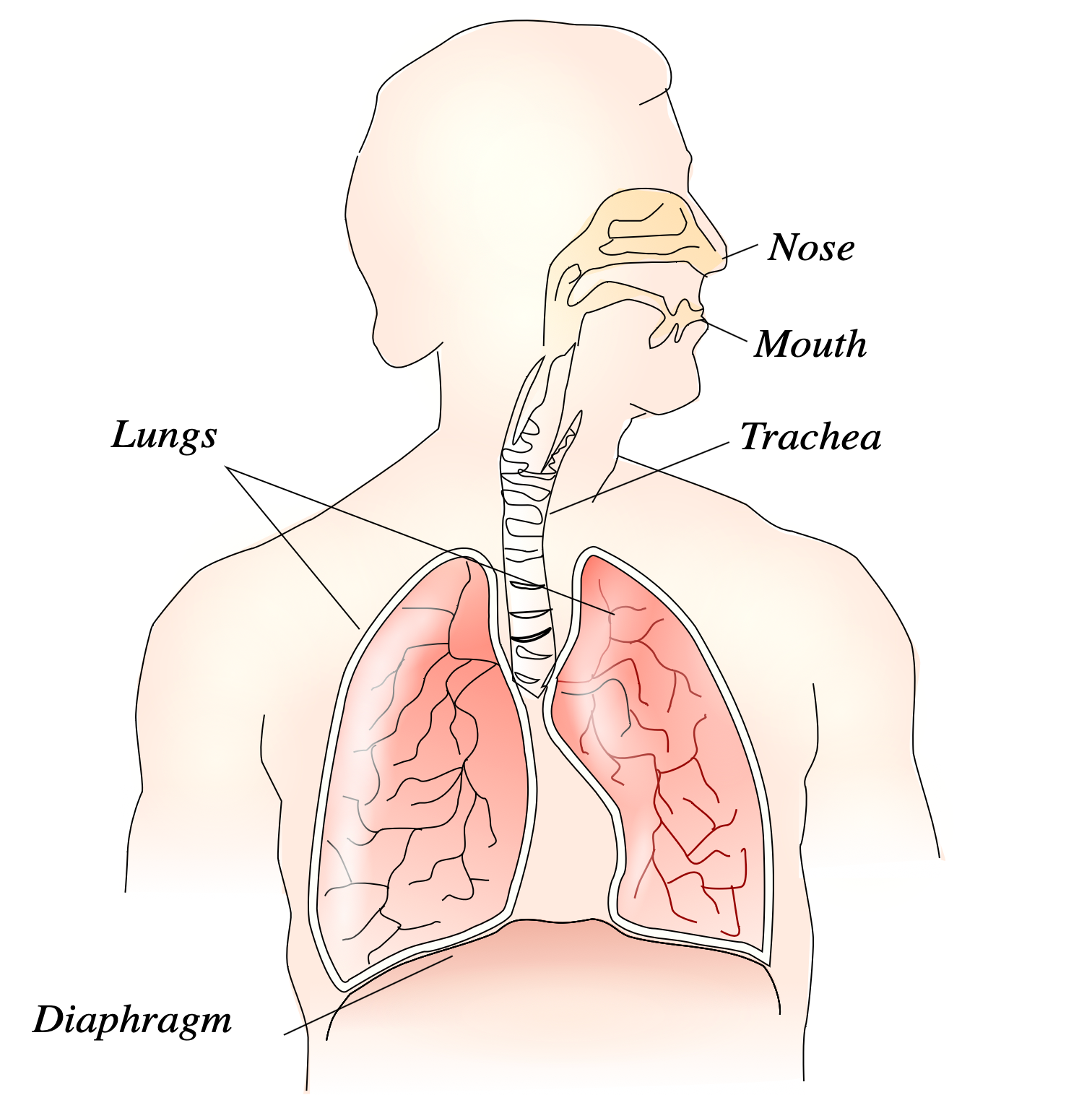How to Know if You are Singing From your Diaphragm + The Fix

Singers teachers all over the world use the term 'singing from your diaphragm'. This terminology can confuse singing students, who usually struggle to understand this unique concept. Coming from a medical and musical background, this is something that I am able to understand, and hopefully help you understand too.
You are singing from your diaphragm if your stomach expands when you breathe in, and then shrinks slowly as you sing. This also causes a natural increase in volume. If your stomach shrinks quickly or your shoulders and chest move more than your stomach, you are likely to be singing from your throat.
I will explain this in more detail below, including some common misconceptions about singing from your diaphragm. If you notice you are not able to do it, I have also included ways you can engage your diaphragm when you sing.
How to Know if You are Singing From your Diaphragm
I think the key to knowing how to sing from y0ur diaphragm is understanding what it is. This takes us into a little bit of anatomy to start.
What is the Diaphragm?
The diaphragm is a large thin muscle that stretches across the bottom of your ribcage, much like a sheet. This separates the lungs from the abdominal organs.
The diaphragm is responsible for pushing down on the abdominal organs to make room for air in your lungs. Therefore, when you engage your diaphragm muscle, you are pushing down on these organs and breathing in.

You can find a more in-depth article on how sound is produced when we sing here, including the role of the diaphragm.
What Does it Mean to Sing from Your Diaphragm?
You will almost always use your diaphragm when you sing. This is a normal physiological process. However, there are other muscles that can help make room for your lungs when you breathe in, such as the intercostal muscles.
'Singing from your diaphragm' is the technique of using your diaphragm to control the air in your lungs instead of using these other muscles. When you breathe in, either your stomach will expand, or your chest and shoulders will expand/rise.
Stomach movement means your diaphragm is doing the work, whereas chest and shoulder movement means the other muscles are doing the work. You want your stomach to be moving.
When you sing from your diaphragm, your diaphragm muscle pushes all your organs down (and pushes your stomach out), and then slowly releases them as you sing.
In contrast, when you don't sing from your diaphragm, there is very little movement below your ribcage, but your chest and shoulders will move more. This leads me to the signs to show that you are singing from your diaphragm.
Signs You are Singing from Your Diaphragm
Below is a mental checklist to look for when singing from your diaphragm.
- You belly expands as you breathe in (your diaphragm is pushing down on your abdominal organs).
- Your belly slowly shrinks as you sing (your diaphragm is releasing the organs slowly, not just flicking back quickly).
- You voice is clearer, louder and less breathy.
- You can sing for longer without straining your voice (when you don't use your diaphragm, your vocal cords try to control the airflow instead and get tired).
Don't Feel for Vibrations
Some people believe that they will feel vibrations in their throat when they are singing from their throat, and vibrations under their ribs if they are singing from their diaphragm. This is a common misconception. You will always feel vibrations in your throat when you sing and your diaphragm does not vibrate when it is engaged.
Sing as Loud as You Can Talk
Most people will naturally use their diaphragm as they talk. Or at least when they tell someone off in their big booming voice. If you try to change the pitch of your booming talking voice, you will be more likely to engage your diaphragm as you do. The next step is just to make it sound prettier.
I know there are many people out there who have very light and airy voices. I can think of a few people I know right now. For these people, talking and singing from the diaphragm doe snot come naturally.
However, this just means that they need to train their diaphragm to work in this way. You can find this below.
How Do You Engage Your Diaphragm While Singing?
If you are not showing signs that you are breathing from your diaphragm, there is a way to fix your technique. This is a simple matter of strengthening and training your diaphragm muscle to contract and relax when you tell it to.
A Visual Example: The Bicep Curl
Whether you have done a bicep curl or not, lifting that weight is the same as engaging your diaphragm. The muscle contracts strongly to life the weight, and then must stay engaged to lower the weight down slowly.
You could certainly drop the weight quickly, but this wouldn't be training that muscle to work properly. You need strength in both movements.
With the diaphragm, taking a big breath in is the same as lifting the weight up. The diaphragm contracts strongly to push all the organs down. But the next part is the slow release. You need to learn to let the air out slowly to train your diaphragm to stay engaged (the slow release).
Running out of breath quickly or singing with a breathy style means your diaphragm is not engaging as it releases the air from your lungs.
How to Strengthen the Diaphragm
To strengthen the diaphragm, you need to force it into this movement repeatedly. This is what we do when we perform breath control exercises. One great exercise is using a 'Shh' sound to control the release of air, which you can find in this article. Another great exercise is the lip trill.
When you release the air slowly, this is forcing your diaphragm to engage when it slowly relaxes. If you do this repeatedly, your diaphragm will get stronger and be able to do this more easily. It will also come more naturally to you.
I would recommend doing the above exercises every day if you want to learn to engage your diaphragm. Once you have been doing these exercises, you should try releasing as little air as possible when you sing as well.
